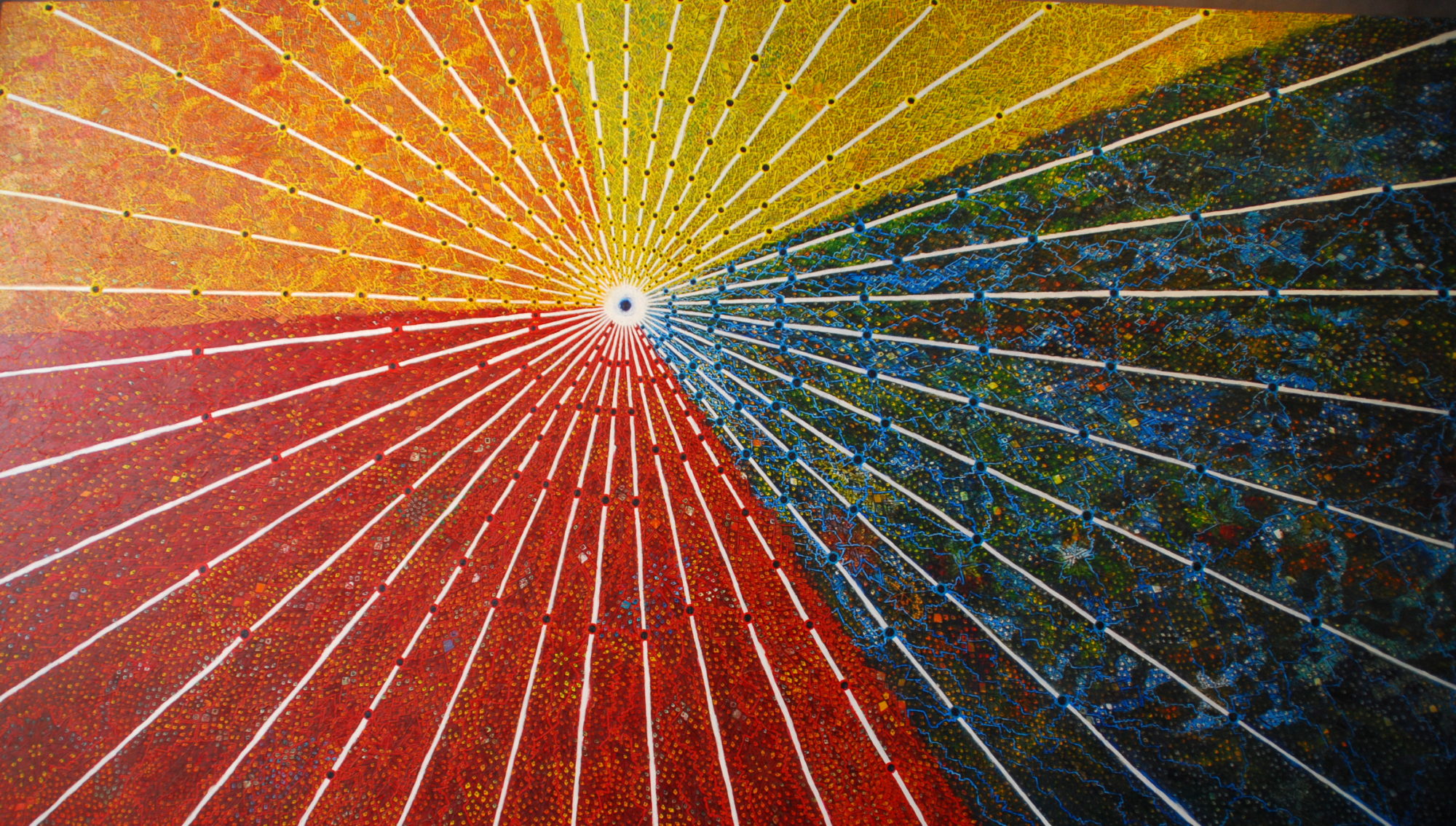This morning, while wandering around my online neighborhood, I came across a post on The Wide Wide World reflecting on Obama’s first inauguration and experiencing it from abroad. It made me pause and try to remember where we were, seeing as we were also on our big trip at the time. I let my mind slide through memories, but I couldn’t find the one I was looking for. I could clearly remember election night—sitting on the couch in a hostel in Managua, one we’d searched out specifically because they had a television; being the only Americans there, but not the only ones watching and waiting for the race to be called; the nervousness as the results started to come in, followed by the amazement of realizing that what we had hoped for was happening; the bottle of champagne—but I couldn’t summon the inauguration. I knew we were in South America, but that’s as far as I could get.
So I stood up from my desk, stepped over to my bookshelf, and pulled down the bulging Moleskine where I’d chronicled our days. I flipped to January 20, 2009. Next to the date, I’d written “Cuenca, Ecuador.” My musings on the day were a mere half of a page. I had recorded only the facts: Except for breakfast, we didn’t leave the room all morning, instead watching the inauguration on CNN Espanol. We got lunch at a set menu place. We went to a site where ancient ruins were being excavated. We bought our tickets for a bus on to Quito. Description was left to a bare minimum.
Yet that’s all it took, and I was there again. I was in Cuenca, with its cobbled streets and its colonial architecture and its enormous blue-domed cathedral, with its river and its stone bridges and its parks rich with bright green grass. I was on the roof of our hotel, spreading jelly on a piece of bread, debating whether to drink the coffee they’d brought us or to ask for tea, looking down and across the street to a market, where enormous pots and pans and shiny kitchen items of all sorts filled booth after booth. And I remembered the night before and the narrow sidewalk on a dark street that we walked down to a pizza place with a mural of Rome painted on the wall. And then I was in the room, with the sagging mattress and the thin, bare white walls and the TV showing the inauguration and DC, our home until we’d left for that trip. And I was feeling a little bit homesick for it and a little bit sad that I was missing this moment, this historic moment. And I was wishing the announcers would just shut the hell up and quit translating the speech into Spanish, which I wasn’t fluent enough in to follow. And I could almost taste the soup we had for lunch, sitting at the table in the back, the only non-locals in the place. We had no idea how it worked, but we sat, and the waitress came and simply put two bowls of soup on our table. No menu, no questions. What they had was what they had. After the soup, there was chicken and potatoes. And then dessert, which we didn’t expect. And fruit juice, which was, of course, a little bit too sweet. And the bill was something like $2 for the both of us. And at the ruins, I was disappointed that there weren’t any artifacts and that I couldn’t really make out what the place had looked like back before there had been cathedrals and colonial architecture. And I remember. And I remember. And I remember.
Strange, I think, how the mind works. How there are memories hidden away within it that remain hidden until something—a smell, a sound, a bare-bones accounting—triggers them and then they are there, whole and perfect and as fresh as if the moments being remembered were yesterday and not years prior. Strange, I think, and wonderful too.










You must be logged in to post a comment.